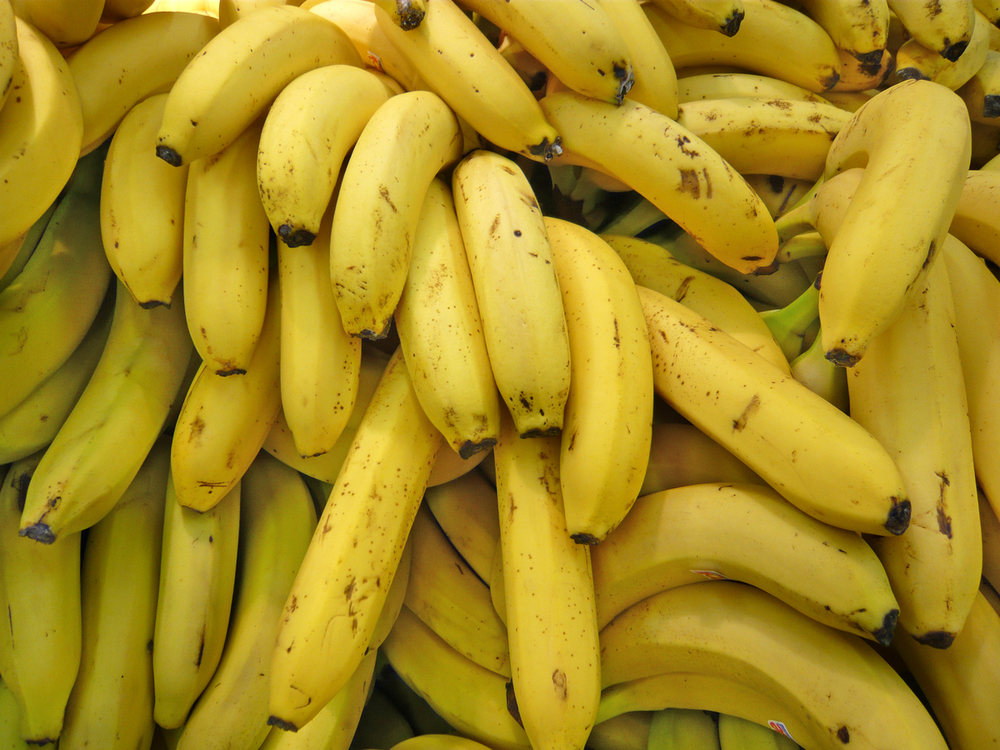Partnership with Migros 2021
The Migros Cooperative Alliance (‘Migros-Genossenschafts-Bund’, Migros) has been committed to helping the environment alongside WWF for more than 20 years. Since 2009, this cooperation has taken place as part of a comprehensive strategic partnership, which includes ambitious goals in the most relevant environmental areas.

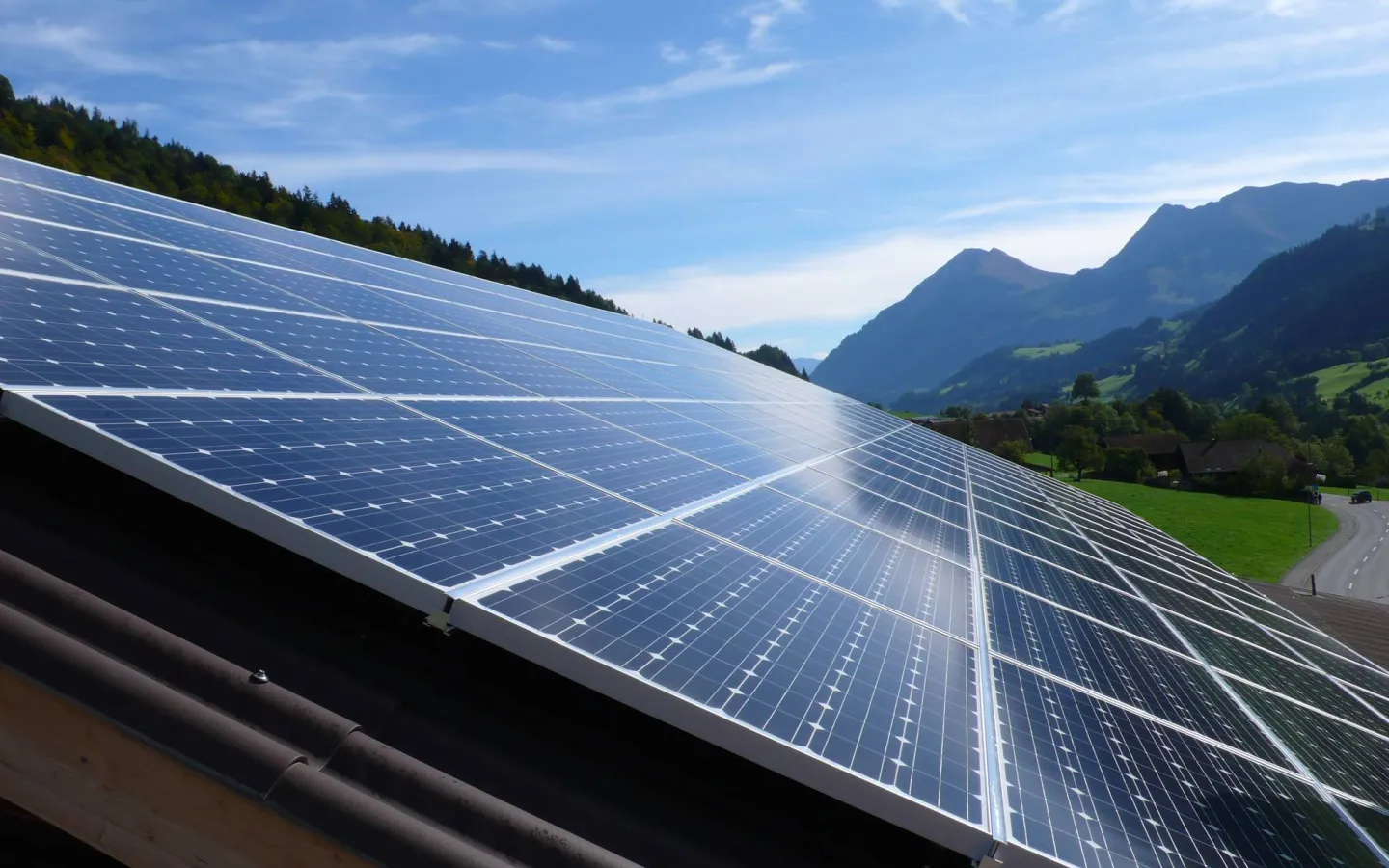
CLIMATE AND ENERGY
Migros set the target of reducing operational greenhouse gases by 80% and absolute energy consumption by 10% by 2030 (compared to figures recorded in 2019). As part of the Science-Based Targets initiative (SBTi), which was co-founded by WWF, Migros has committed to reduce its emissions using science-based targets. Migros joined the initiative in 2020.
Reduction in greenhouse gases compared to 2019
Migros set the target of reducing greenhouse gas emissions by 80% by 2030 compared to figures recorded in 2019. CO2 emissions are measured in t CO2e. Included in the calculations is the cooperative retail trade (branches, real estate, logistics centres + logistics, i.e. transport, Migros Cooperative Alliance; excl. associated industry, trade, finance, travel).
In 2021, Migros reduced its greenhouse gas emissions by around 59.25% compared to 2019 (absolute actual value in 2021: 85'138 tonnes of CO2e)
Note: The large reduction compared to the previous year is primarily due to the switch to electricity from guarantees of origin. This took effect for the first time in 2021.
Since 2019, real estate has also been included in the scope. Therefore, the total output has increased in contrast to the previous target periods.
Reduction in electricity consumption compared to 2019
Migros set the target of reducing its absolute electricity consumption by 10% by 2030 compared to figures recorded in 2019. Figures are measured in GWh/year. These include cooperative retail trade (branches, real estate, logistics centres + logistics (transports),, Migros Cooperative Alliance; excl. own industry, trade, finance, travel).
Migros achieved its goal and reduced its electricity consumption in 2021 by 55.4% compared to 2019 (absolute actual value in 2021: 1'139'787 GWh).
Note: Among other things, temporary closures have led to the reduced consumption.
Since 2019, real estate has also been included in the scope, so the graph now starts with the baseline from 2019, as it would otherwise not be possible to depict it. Energy consumption has also increased in contrast to the previous target periods.
Reduction in air transport emissions
Migros has set the target of reducing its air transport emissions by 8'750t CO2e by 2025 compared to figures recorded in 2018. This includes supermarkets/consumer stores, and specialist stores, food and non-food products, but excludes cut flowers.
In 2021, Migros’ absolute CO2e emissions from goods transported by air were 37'495t CO2e.
Note: The pandemic and a rainy spring in Spain caused an increase in air transport in the first half of 2021. The short-term increase in demand for meat was bridged by air transport, as was the delay in the asparagus harvest in Spain. In other areas, such as non and near food, the situation has returned to pre-Corona levels.
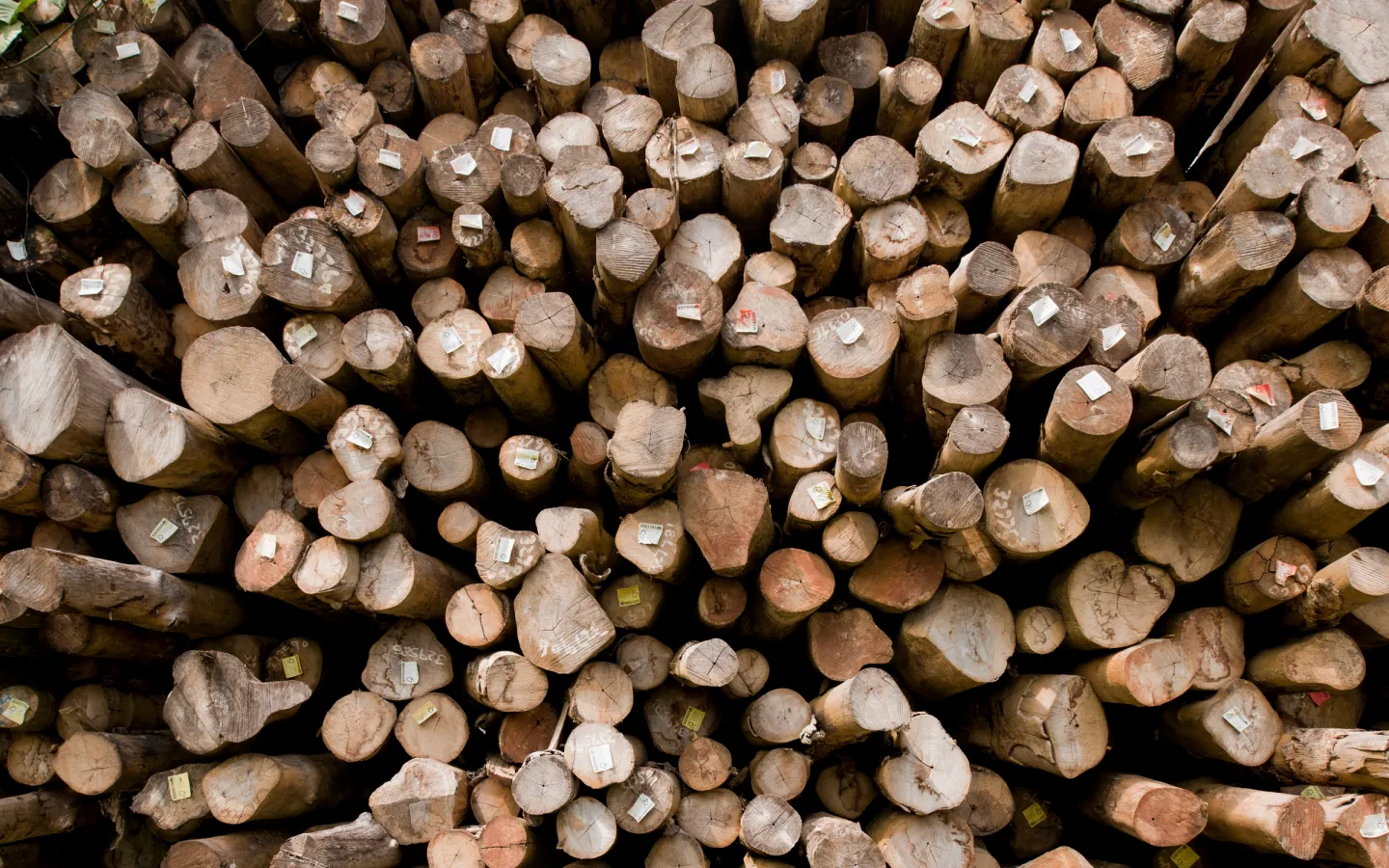
WOOD AND PAPER
Migros is a founding member of the WWF GLOBAL FOREST & TRADE NETWORK Switzerland (GFTN), formerly WWF Wood Group. Migros supports environmentally sound, socially responsible, and economically viable forestry, and sources its wood and paper products from sustainable sources.
Wood, paper, and pulp products from sustainable sources (FSC-certified or recycled)
Migros has set the target of ensuring that 77% of its wood, paper, and pulp products come from sustainable sources (FSC-certified or recycled) by 2025. The share of the turnover is measured in per cent. This includes products with a wood/paper/pulp content > 50 % or products essentially characterised by their wood/paper/pulp content. This applies to Migros Retail (near/non-food), Do it + Garden (DIY), and Micasa (furniture).
In 2021, 70.5% of wood, paper, and pulp products at Migros came from sustainable sources.
Remark: The share of wood, paper and pulp products from sustainable sources remained constant, although sales of FSC certified products increased. An increase in the share with Micasa contrasts with a slight reduction in the share in the supermarket. This was mainly in the area of accessories/decorative articles.
Wood, paper, and pulp products by origin
Migros has set itself the target of not only increasing the proportion of wood and paper products from sustainable sources (FSC-certified or recycled), but to simultaneously reduce the proportion of products where knowledge of the origin is limited, no analysis is available, or the origin is not verified. The share of the turnover is measured in per cent. This applies to Migros Retail (near/non-food), Do it + Garden (DIY), and Micasa (furniture). This includes products with a wood/paper/pulp content > 50 % or products essentially characterised by their wood/paper/pulp content.
In 2021, 29.5% of wood, paper, and pulp products were obtained from verified sources (all remaining products that are not FSC-certified or recycled).
According to WWF’s Global Forest & Trade Network, the following understanding applies:
Origin verified: forest of origin has been assessed by an independent party on the basis of social and environmental criteria.
Origin analysed: forest of origin has been established against basic criteria of legality and traceability.
Limited knowledge of the origin: origin of wood (country) may or may not be known; undesirable origins such as wood from forest conversions or conflict wood can be excluded.
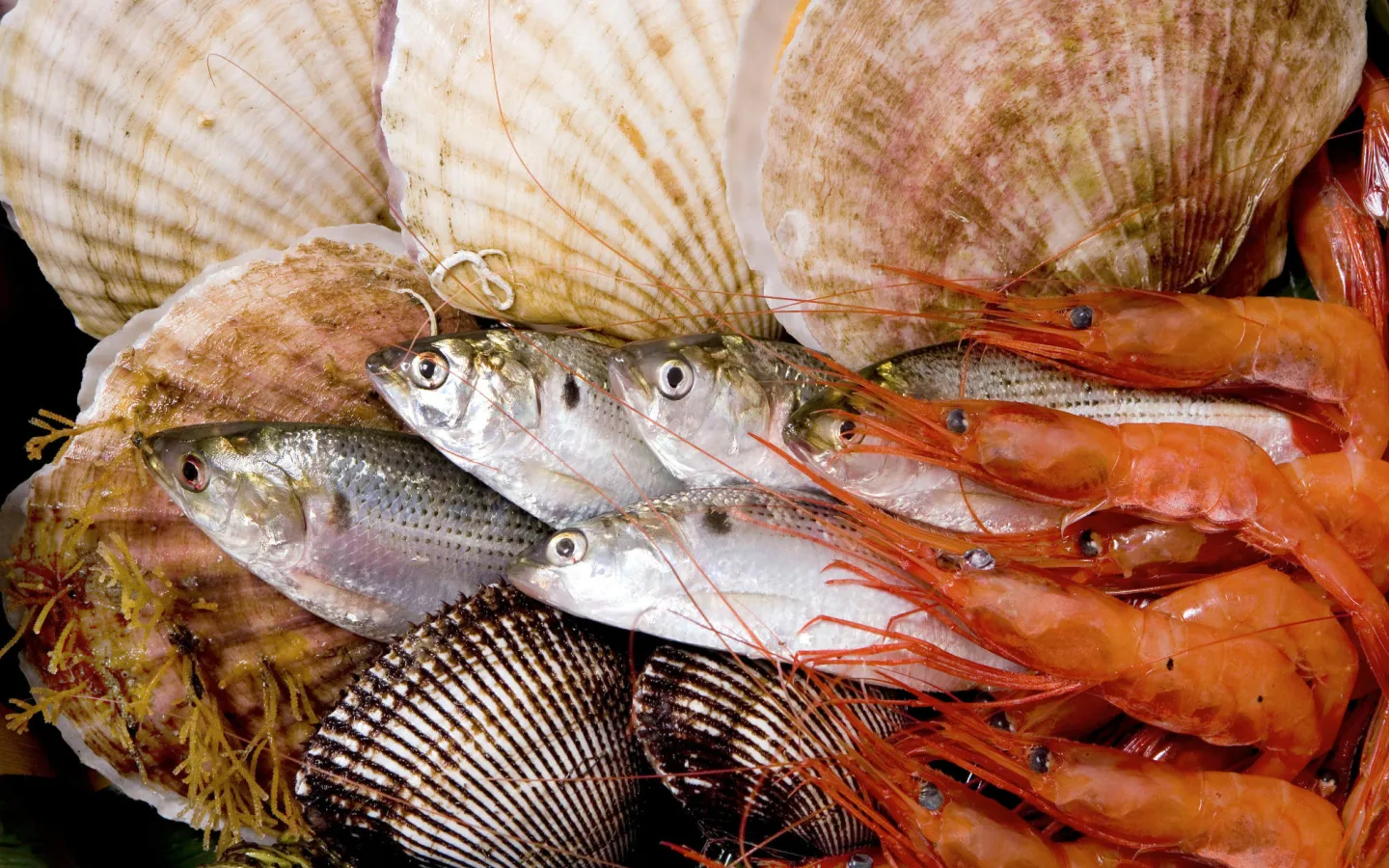
FISH AND SEAFOOD
As a member of the WWF Seafood Group, Migros and Micarna are committed to not offering fish and seafood from acutely threatened stocks, to gradually replacing non-recommendable sources with better alternatives, and to continuously increasing the proportion of recommended products.
Migros: share of recommendable or acceptable sources according to WWF in the entire seafood range
Migros had three items on sale in its range in Zurich that did not meet the sustainability requirements. Compared to the total sales of fish and seafood, this accounted for 0.0002%, according to Migros. These articles are no longer offered for sale. WWF is not able to verify this information as no complete reporting is available for the year 2021. The fish valuation was switched to a new tool at Migros in 2021. Unfortunately, certain IT developments have been delayed, therefore a full fish reporting was not possible in 2021.
Migros: Anteil empfehlenswerter Labels am Umsatz des Seafood-Sortiments
Migros set the target that 64% of its seafood range will have recommendable labels according to WWF standards (organic, ASC, MSC) by 2021. This is measured as a percentage of the turnover of the seafood range. It applies to the Migros Cooperative Alliance and includes the following ranges: fresh food, frozen food, convenience food, canned food, and pet food.
In 2021, 64% of the seafood range was certified with recommendable labels according to WWF standards.
Migros: share of recommendable sources according to WWF standards throughout the entire range
Migros set itself the target that by 2021 the share of recommendable sources according to WWF standards (scoring 1 and 2 in the Seafood Guide) will reach 79% of the entire range. This is measured as a percentage of the turnover of the seafood range. It applies to the Migros Cooperative Alliance’s ranges: fresh food, frozen food, convenience food, canned food, and pet food.
Fish assessment was switched to a new tool at Migros in 2021. Unfortunately, certain IT developments have been delayed, therefore a full fish reporting was not possible in 2021.
Micarna: share of recommendable or acceptable sources according to WWF in the entire seafood range
Micarna set the target to purchase 100% of its entire seafood range from recommendable or acceptable sources by 2021. This is measured as a percentage of the turnover of the entire seafood range. It includes Micarna Seafood from 1% volume content (excl. fish extract/fish oil as a minor ingredient in processed products).
In 2021, 100% of the entire seafood range came from recommendable or acceptable sources.
Micarna: proportion of recommendable labels
Micarna set the target that 62% of its entire seafood range would carry recommendable labels according to WWF standards by 2021. This is measured as a percentage of the turnover of the entire seafood range. MSC, ASC, and organic are considered recommendable labels. This applies to Micarna Seafood.
In 2021, 80% of the entire seafood range was certified with recommended labels according to WWF standards.
Remark: by consistently moving to ASC and MSC for several species, Micarna was able to greatly increase its share of recommended labels. Product ranges were consistently switched to ASC throughout 2020.
Micarna: share of recommendable sources of the entire seafood range
Micarna set the target that by 2021 75% of its entire seafood range would come from recommendable sources (scoring 1 and 2 according to the WWF Seafood Guide). This is measured as a percentage of the turnover of the entire seafood range and applies to Micarna Seafood.
In 2021, 89% of the entire seafood range came from sustainable sources.
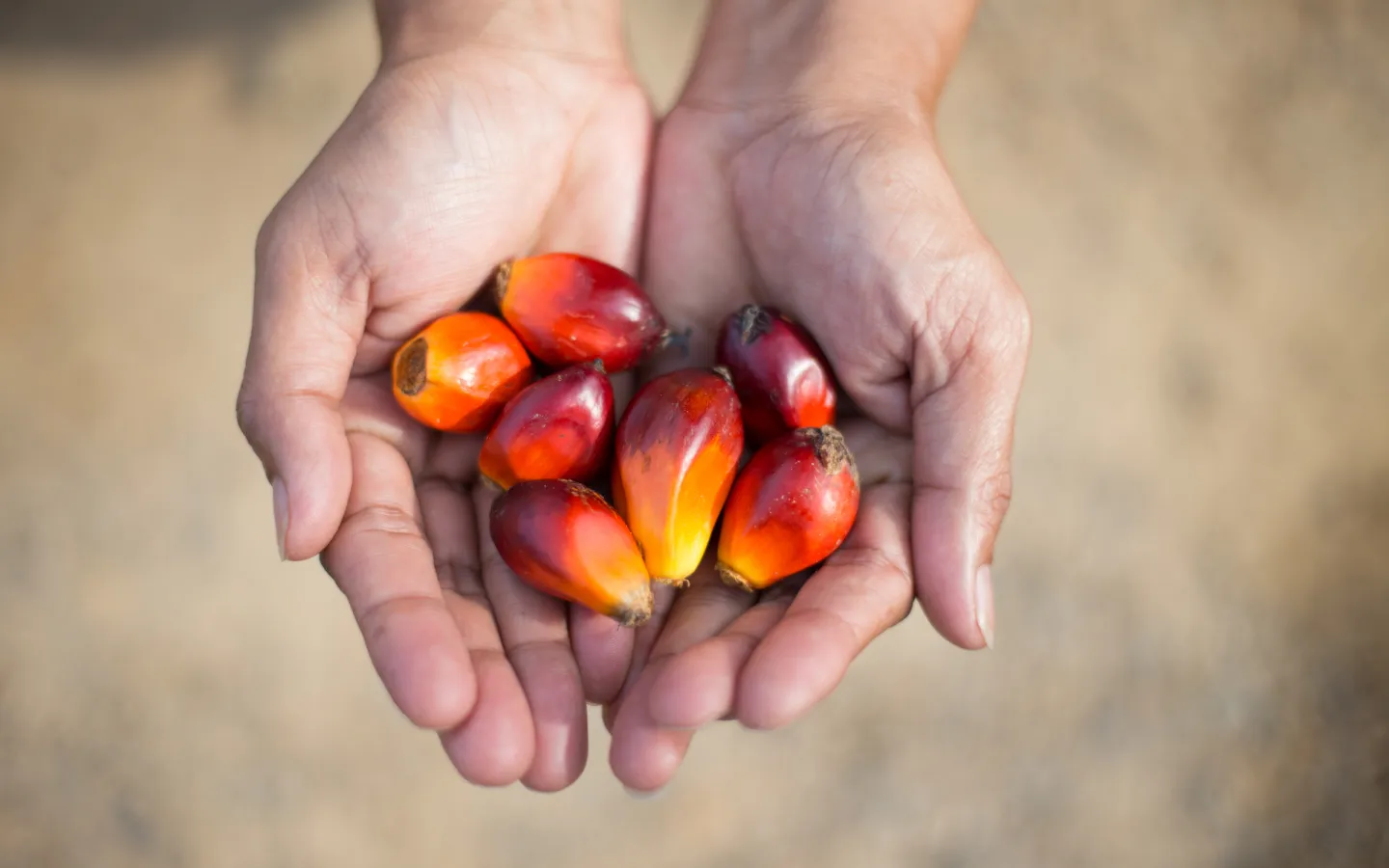
PALM OIL
Migros and WWF are among the founding members of RSPO. Migros already switched to physically traceable, sustainable palm oil from RSPO-certified plantations back in 2016. The demanding changes for derivatives and fractions in the near- and non-food sector are ongoing.
Share of physically sustainable palm oil in own-brand food (‘M-Industry’)
Migros has set the target of increasing its proportion of physically sustainable palm oil in own-brand food (M-Industry) to 100% by 2025. The calculation is based on the share by weight of physically sustainable palm oil in the total consumption by M-Industry’s food sector. The accepted standards are RSPO IP, RSPO Segregated, and POIG. This includes the Migros Cooperative Alliance along with its own-brand products as well as M-Industry products.
In 2021, the share of physically sustainable palm oil in own-brand foods (M-Industry) was 100%.
Share of physically sustainable palm oil in foods from third-party suppliers
Migros has set the target of increasing its proportion of physically sustainable palm oil in own-brand foods supplied by third-party suppliers to 100% by 2025. The calculation is based on the percentage by weight of physically sustainable palm oil from third-party suppliers. The accepted standards are RSPO IP, RSPO Segregated, Bio Suisse. This includes products from third-party suppliers of the Migros Cooperative Alliance.
In 2021, the share of physically sustainable palm oil in foods from third-party suppliers was 100%.
Share of certified palm oil in near- and non-food associated industry
Migros has set the target of increasing the proportion of certified palm-based raw materials in near- and non-food products from its associated industry to 100% by 2025. Calculations show the proportion of certified palm-based raw materials used by the company’s associated industry. The accepted standards are RSPO IP, RSPO Segregated, RSPO Massbalance, and POIG. This applies to the cooperative retail trade and the associated industry.
In 2021, the share of certified palm oil in near- and non-food of the associated industry was 98%.
Proportion of certified palm oil in near- and non-food in Migros own brands from third-party suppliers
In 2021, the share of certified palm oil in near and non-food in Migros own brands from third-party suppliers was 51%.
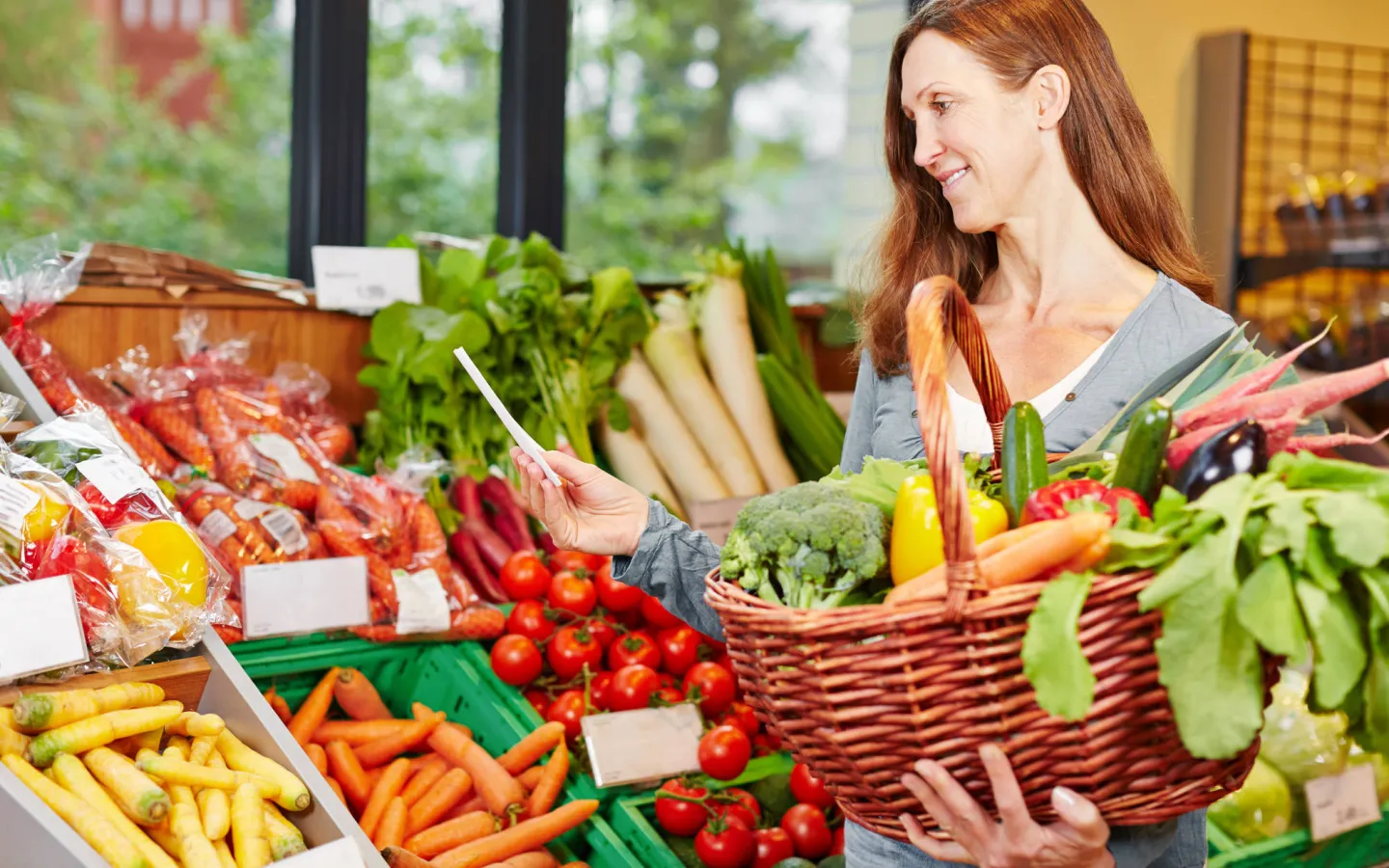
SUSTAINABLE CONSUMPTION
Reducing food waste
Migros has set the target in the cooperative retail trade of reducing food waste in areas relating to the supermarket by 20% (reference year 2018) by the end of 2025.
In 2021, food waste in Migros was 1.33%. The graph shows the food waste rate.
Note: Due to the pandemic, it was very difficult to plan the range in 2021, especially in the areas of dairy products, eggs and meat. Migros is analysing the changes and will derive appropriate measures.
Increase in the number of products labelled vegetarian or vegan
Migros has set the target of increasing its number of products labelled as vegetarian/vegan in areas relating to the supermarket to 800 items (online and on the product) by 2025.
In 2021, the Migros range included 855 products labelled vegetarian/vegan.
